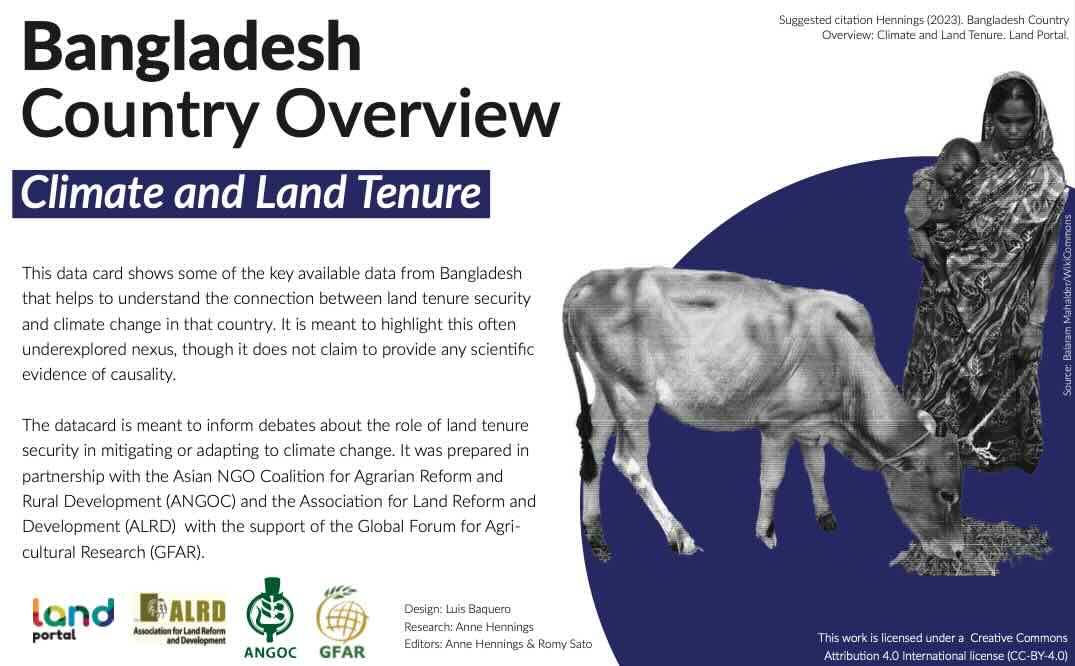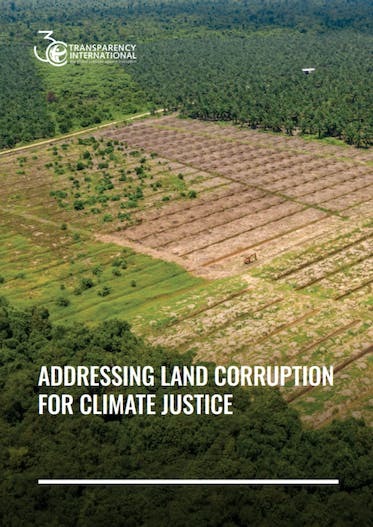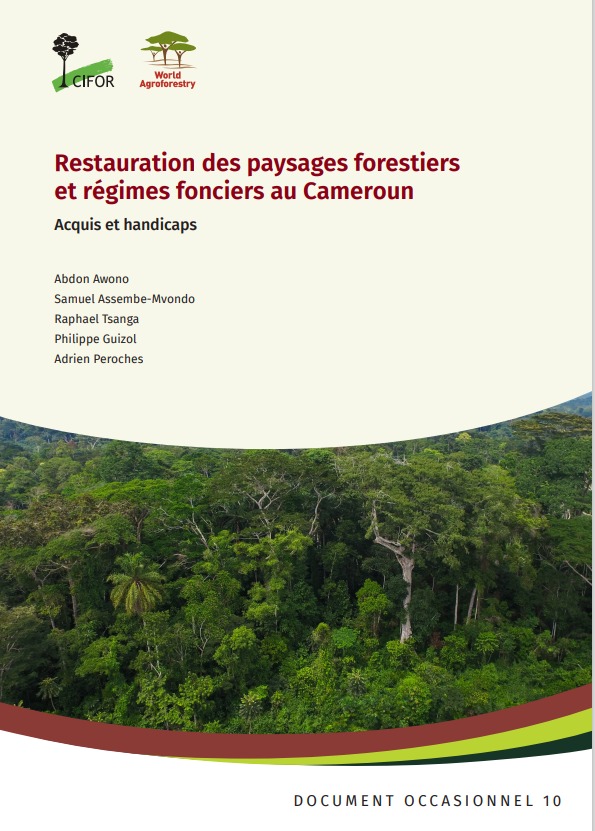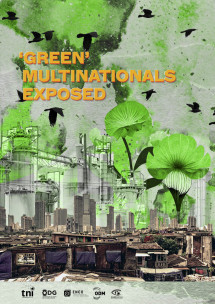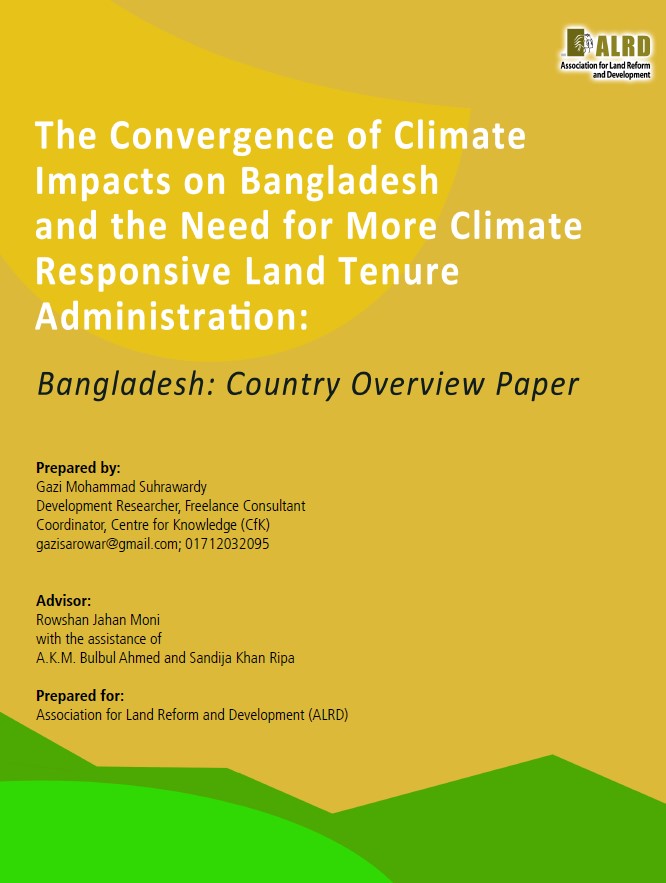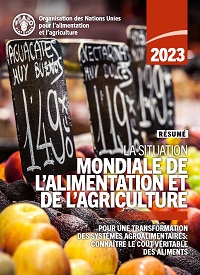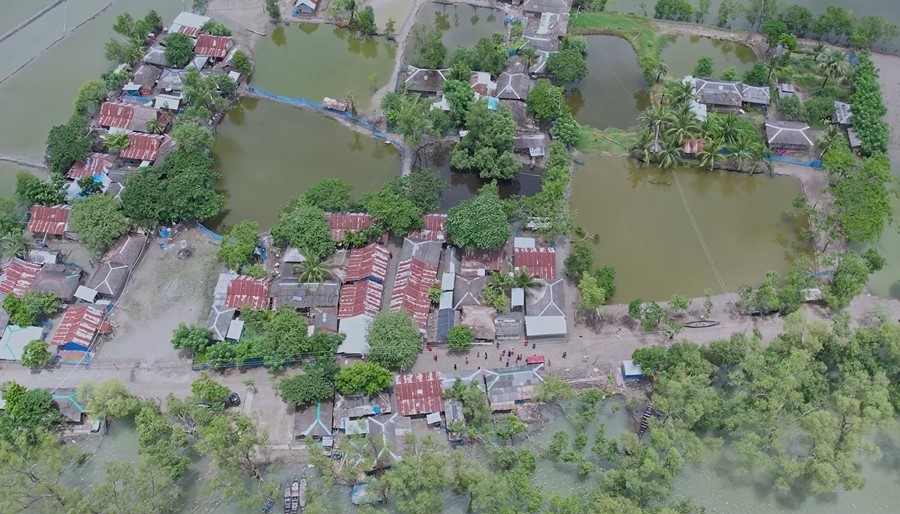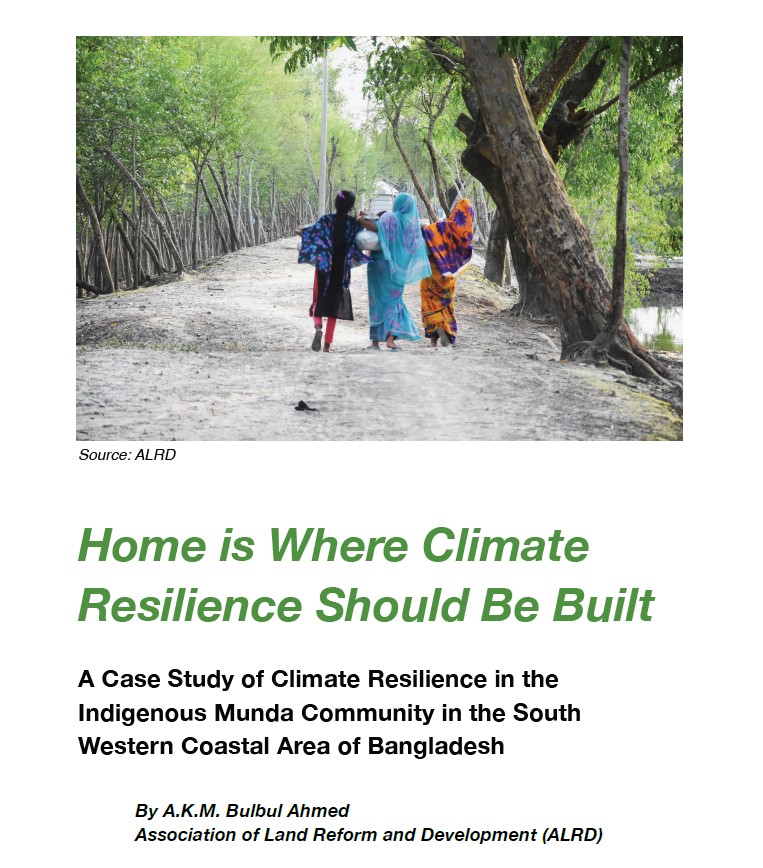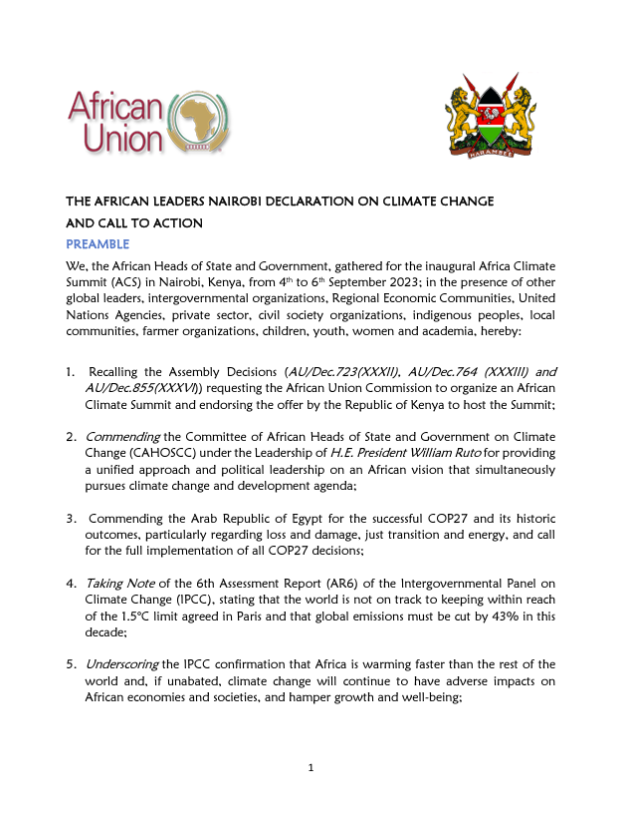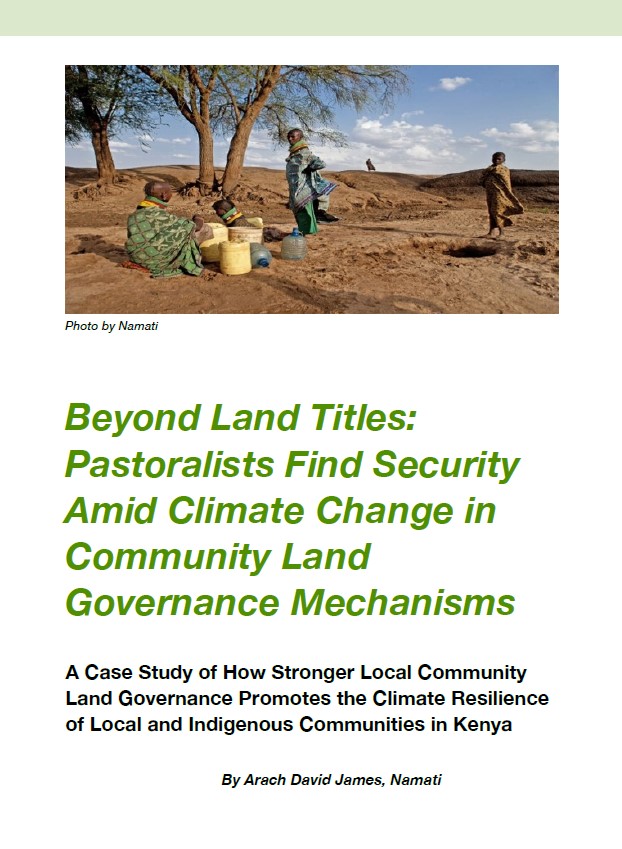Bangladesh Country Overview: Climate and Land Tenure
This data card shows some of the key available data from Bangladesh that helps to understand the connection between land tenure security and climate change in that country. It is meant to highlight this often underexplored nexus, though it does not claim to provide any scientific evidence of causality.

